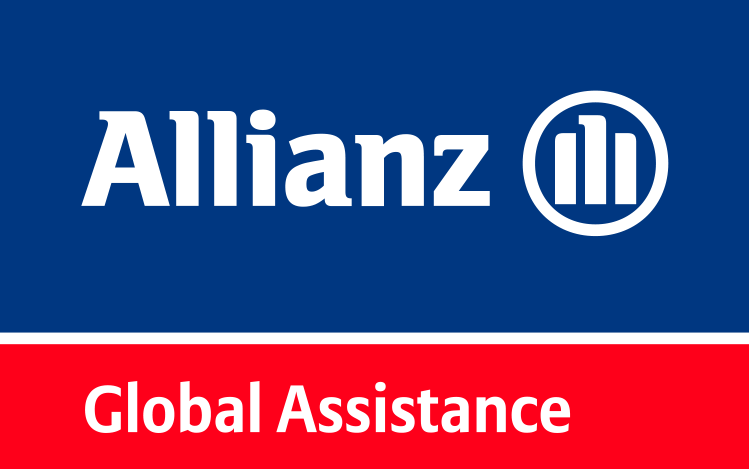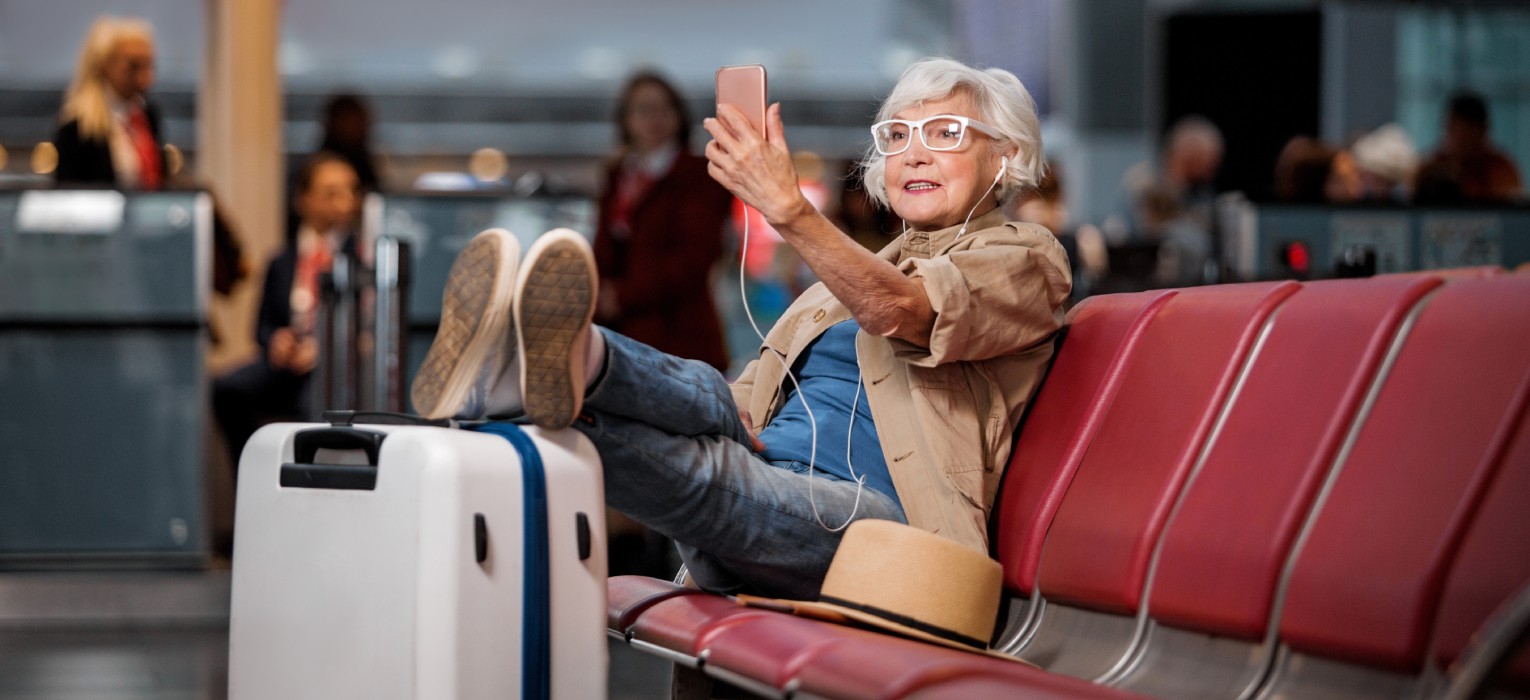Travel is a thrilling and meaningful life experience. But it can quickly turn into a nightmare if you don’t take precautions to protect your safety. Solo travellers and the elderly are particularly vulnerable to crime while travelling, and seniors may also have health concerns to manage.
You shouldn’t be afraid to travel. With good planning and awareness of your surroundings, you can stay safe on your next adventure. Here are tips on how solo and elderly travellers can stay safe while travelling, and what to do in an emergency.
- Pack smart. Have multiple copies of your passport and license. Keep one in a trusted hotel safe, one on your person, one at home and another with someone trusted. Your passport is essential to getting home, protect it.
- Don’t carry large backpacks, particularly in crowds. If you’re on a busy, loud street, someone could easily swipe something from a rear, zipped compartment of your pack without you noticing. If you’re travelling solo, you don’t have a travel companion who can literally watch your back.
- Don’t carry your phone in your back pocket or hang your purse on a chair. And don’t set your bag down.
- Don’t drink alcohol while travelling solo. Alcohol lowers your inhibitions and awareness of your surroundings. Being visibly intoxicated also makes you a target for criminals. If you are a woman travelling solo, it’s particularly important to keep your beverage in your line of sight at all times.
- Check in with your loved ones. Regularly make calls and send messages to your friends and family back home. If something happens, they can quickly notify authorities if they haven’t heard from you. They can also provide helpful information on your whereabouts.
But don’t put your moves or travel plans on social media, you never know who is keeping tabs. Post about your adventures when you get home or are safely in another destination.
If you find yourself in trouble abroad, travel insurance may help. You should know that your
Canadian government health insurance plan may not fully protect you during a medical emergency outside of your home province. If you are travelling abroad, most healthcare facilities won’t accept your domestic health insurance policy. Emergency medical coverage by Allianz Global Assistance may help fill the required coverage gaps.
Our 24/7 assistive services can also help with services such as live translation, and coordinators that can connect with local service providers for a wide range of needs. If you’re in trouble, our travel experts can help you find the location of the nearest medical facility, pharmacy, police station or Canadian embassy.
As a
world leader in travel protection, we help Canadians and visitors to Canada answer the call of adventure with confidence every year. Let us be there for you too.
Travel insurance is underwritten by CUMIS General Insurance Company, a member of The Co-operators Group of Companies, administered by Allianz Global Assistance, which is a registered business name of AZGA Service Canada Inc.

